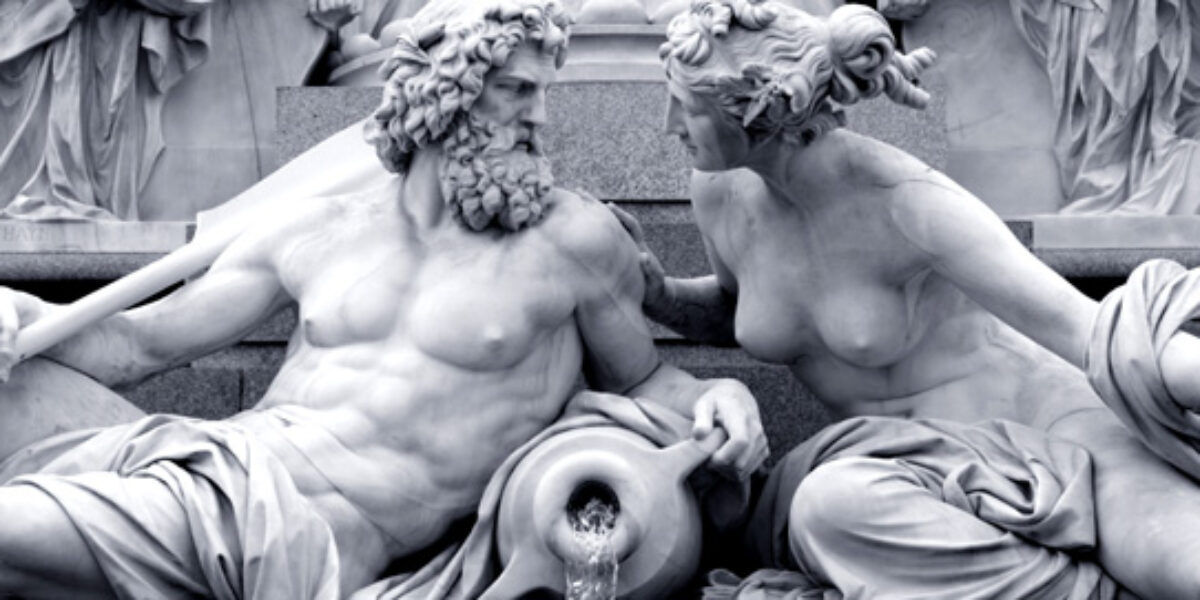At the time of the New Testament, most people in the Roman Empire worshiped a variety of Roman gods, including the emperor. Learn about the religious context that was in place during the early church era.
At the time Christianity was beginning to spread throughout the Roman Empire, most Romans believed that there were many gods and goddesses who were at work controlling every aspect of their lives and the world of nature. Each deity was thought to be in control of one or more areas of life—such as the sun or moon; the weather; plant life and crops; the fertility of animals and people; success in battle—and even specific professions, like sailing, teaching, or weaving. Which deity a worshiper chose to honor usually depended on what that person did for a living. Particular gods and goddesses were also thought to give protection to specific towns and cities.
Many of the gods and goddesses that were worshiped by the Romans were “borrowed” from the cultures they had conquered, such as the Greeks and Egyptians. That is why many deities have both Greek and Latin (Roman) names. The Roman god Jupiter, for instance, was considered the greatest god. He controlled the forces of nature as well as the events in human history. Many of the myths associated with him are based on the myths originally associated with the Greek god Zeus.
In addition, the worshiping of the emperor became common practice in the first century A.D. After the Emperor Augustus died (A.D. 14), the Roman senate declared that he was a god. Sacrifices were made to him in order to make sure the Empire remained prosperous. The emperors who came after Augustus also claimed to be gods or declared that those who had lived before them were gods. For example, Caligula (ruled from A.D. 37 to 41) ordered a statue depicting himself as a god to be set up in the Jewish temple in Jerusalem. By A.D. 100, all the people in the Roman Empire were required to offer prayers and sacrifices to the emperors. This was said to be necessary so the Empire would survive and remain stable. Christians who refused to worship the emperor in this way were subject to persecution. Some were even put to death.




